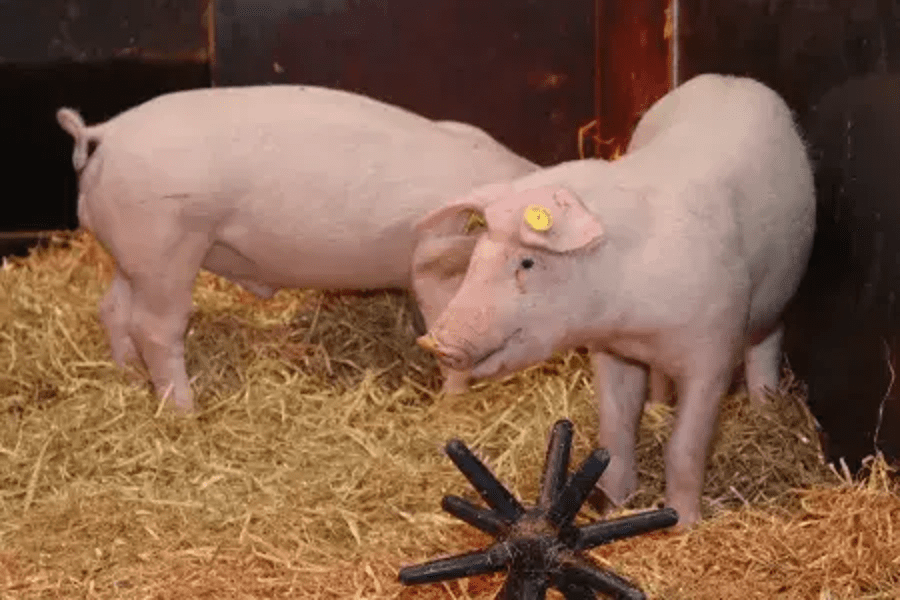
Scottish scientists have achieved a groundbreaking advancement in livestock health by using gene-editing technology to breed pigs resistant to classical swine fever. This development, spearheaded by researchers at the University of Edinburgh’s Roslin Institute, comes as outbreaks of the highly infectious disease continue to cause significant economic losses in pork production worldwide.
Classical swine fever, known for its ability to spread rapidly and persist across species, has long been a challenge for farmers. While vaccines exist, controlling the disease remains difficult. The breakthrough, detailed in the journal Trends in Biotechnology, offers a promising solution that could not only protect farms globally but also be applied to other livestock species susceptible to related viruses.
Innovative Gene-Editing Approach
At the heart of this scientific achievement is the targeted alteration of a protein essential for the virus’s replication process. The Roslin Institute team, led by Dr. Simon Lillico, focused on the DNAJC14 protein, previously identified in cell cultures as critical for virus reproduction. By editing the gene responsible for this protein in pig embryos, researchers were able to prevent the virus from replicating within the pigs’ cells.
Once these gene-edited embryos were implanted into surrogate mothers and the pigs reached adulthood, they were exposed to the classical swine fever virus. The results were remarkable: the gene-edited pigs showed no signs of infection, whereas their unedited counterparts displayed clear symptoms of the disease.
Implications for Global Agriculture
Classical swine fever is not currently present in the UK, but it continues to wreak havoc in parts of Asia, Africa, Latin America, and Europe. The disease’s impact extends beyond immediate health concerns, leading to trade bans and substantial financial losses for farmers. The ability to breed livestock resistant to such viruses could revolutionize disease management in agriculture.
“The genetic change offered complete protection from infection without any observable negative effects on the animals’ health or development,” stated Dr. Lillico.
This research highlights the potential of gene editing as part of an integrated strategy for disease prevention, complementing existing vaccines and biosecurity measures. The same genetic modification could theoretically be applied to other livestock species, such as cattle and sheep, offering broader protection against diseases like bovine viral diarrhoea and border disease.
Collaboration and Future Prospects
The study was conducted in collaboration with animal genetics company Genus, the Animal and Plant Health Agency (APHA), and the University of Lubeck in Germany. It was supported by a BBSRC National Bioscience Research Infrastructure grant and facilitated by the Large Animal Research and Imaging Facility at the University of Edinburgh.
Dr. Lillico emphasized the importance of infrastructure in advancing gene-editing research, stating,
“Our Large Animal Research and Imaging Facility allows us to gene edit and assess a variety of livestock species, with colleagues at the Animal and Plant Health Agency providing expertise and biosecure facilities for this viral challenge.”
As the Roslin Institute continues to receive strategic investment from the Biotechnology and Biological Sciences Research Council, the potential for gene editing in livestock to improve animal health and support sustainable agriculture grows. This breakthrough not only represents a significant step forward in combating classical swine fever but also sets a precedent for future innovations in animal genetics.
The next steps will likely involve scaling up these efforts to assess the feasibility of widespread implementation across different farming environments and exploring the potential for similar genetic modifications in other species. As the agricultural sector grapples with the challenges of disease management, such innovations offer a beacon of hope for a more resilient and sustainable future.





